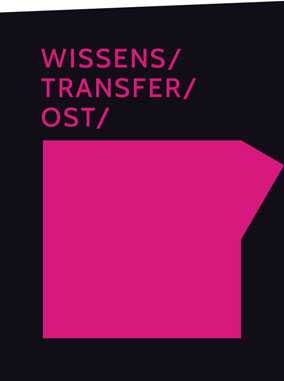Working group for legal aspects in citizen science
Head: Tobias Reckling, University of Vienna
In the course of creating quality criteria for citizen science projects on Österreich forscht, it soon became apparent that for certain areas recommendations for existing and new citizen science projects were needed, which could be used as a guideline for the project leaders. A very important area is legal issues, which often come up to project leaders for the first time in the context of citizen science projects::
- What is personal data and what is sensitive data?
- How must data be secured?
- May I use the data of my participants for my research?
- May I use images that my participants upload and/or send in the context of the project to promote the project?
These and many more questions are frequently asked by prospective project leaders. And often a project idea is not pursued further due to insufficient knowledge, half-truths or false information and the resulting fears of legal uncertainty.
For this reason, the working group for legal aspects in citizen science is developing a catalog of recommendations for general legal questions in the context of citizen science projects. It is based on the questions of ongoing projects in Austria and the input of lawyers who have specifically dealt with this topic. These recommendations also take into account the new Data Protection Regulations, which will come into force in May 2018, and are intended to provide guidance for starting or revising citizen science projects. However, the recommendations are no substitute for an intensive examination of the topic and, above all, for legal advice, as they can only be elaborated at a very general level.
The results of this working group will now be made freely available to all after completion here on Österreich forscht. If you have any questions about the working group, please feel free to contact us at any time at This email address is being protected from spambots. You need JavaScript enabled to view it..
Event: "Citizen Science & Law, part 1"
On June 27, 2018, an event on the topic of citizen science and law was held in cooperation with the Federal Ministry of Education, Science and Research, the University of Vienna and the Center for citizen science. The main focus of the event was on the effects of the General Data Protection Regulation (GDPR), which had come into force one month earlier, on citizen science projects. You will find the presentation of the speaker Dipl. Ing. Annemarie Hofer at the bottom of the page under the point "Download Attachments". The presentation is based on a master thesis.
A catalogue of recommendations for citizen science projects for implementing GDPR can be found on the Website "Zenodo".
The working group was coordinated in cooperation with Wissenstransferzentrum Ost (WTZ Ost).

Event: "Citizen Science & Law, part 2"
Citizen science thrives on the cooperation between a large number of participants, who bring with them a wealth of experience and a wide range of know-how. By including the potentials and knowledge of the participants, projects are made possible that would otherwise not be conceivable. The cooperation of different people in a research project is accompanied by a great responsibility in terms of data protection and compliance with legal regulations. In addition to the provisions of the European General Data Protection Regulation (GDPR), other regulations, such as copyrights (e.g. when creating texts or images) or licensing rights (e.g. when using texts or images) must be observed.
In a joint event on 28 May 2019, the Center for Citizen Science, the Citizen Science Network Austria and the Open Science Network Austria (OANA), as well as the Federal Ministry for Education, Science and Research invited project managers to learn more about “rights to images”, copyright law and licensing law in citizen science projects, among other subjects, and to discuss these with experts.
A report on the event can be downloaded on the website of the OeAD Centre for Citizen Science.

